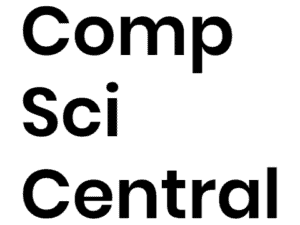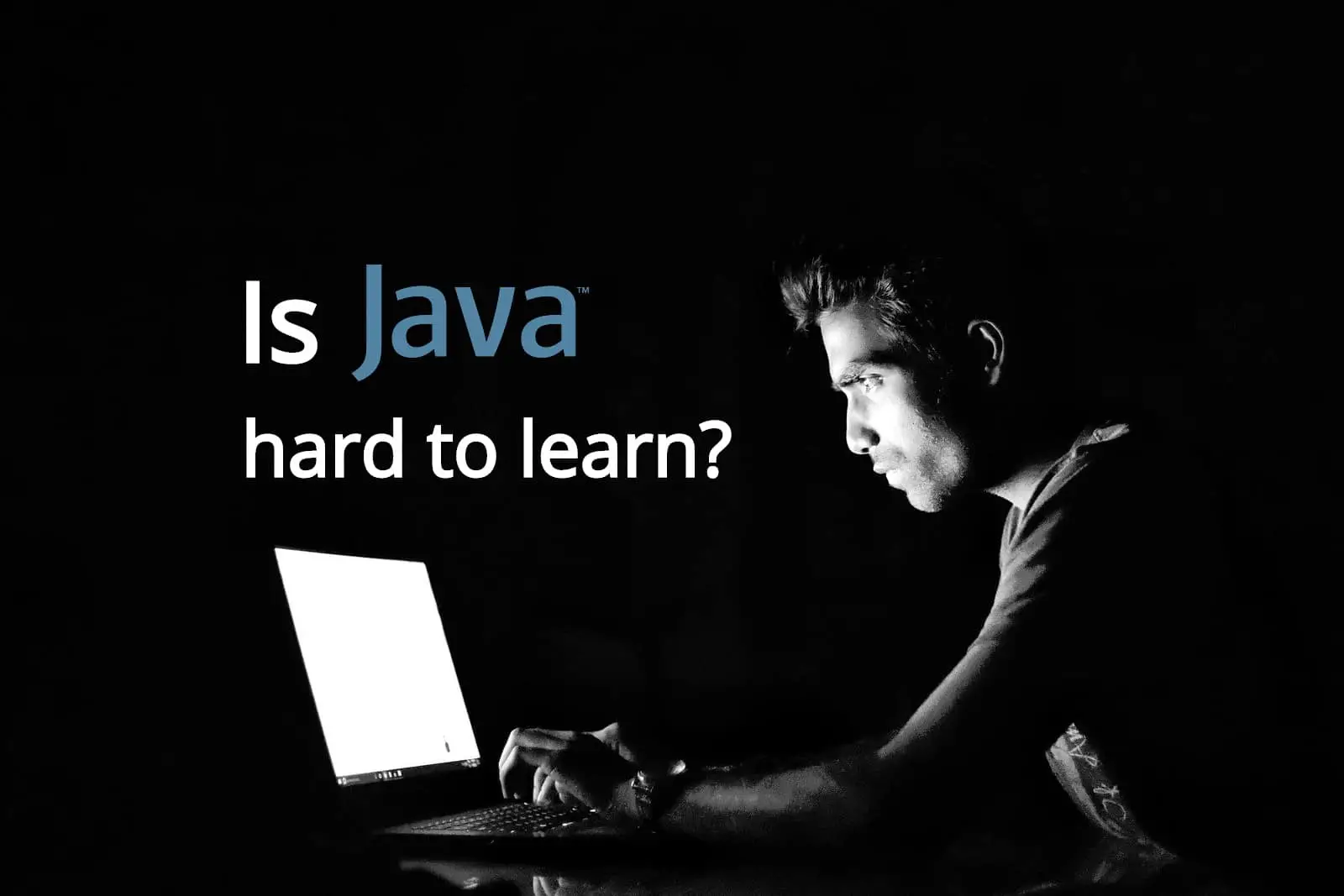Even if you’re new to the world of programming, you’ve probably at least heard of Java. Java is a general-purpose object-oriented (OOP) programming language and it’s still the most widely used programming language in the world according to Tiobe’s index. Additionally, Java developers earn more than the programmers of almost any other language according to Tech Republic. With all that, learning Java sounds like a no-brainer, right? But is Java a no-brainer to learn or is it too hard after all?
I made a poll in the Facebook group, Java Programmers, which is a popular group of over 100,000 Java programmers ranging in experience from beginner to expert of more than 10 years. The common goal of their group is similar to that of Comp Sci Central; to share that experience and help to cut your learning curve. 324 programmers participated in the poll asking about their personal experience in Java and whether it’s difficult to learn. The results weren’t exactly what I was expecting.
Is Java Hard To Learn?
In a poll of 324 Java programmers ranging from beginner to expert, the overwhelming response, about 75% of pollers, is that Java is not a hard language to learn. Java is known for being easier to learn and use than its predecessor, C++. However, it’s also known for being slightly harder to learn than Python due to Java’s relatively lengthy syntax. If you’ve already learned either Python or C++ before learning Java then it certainly won’t be hard.
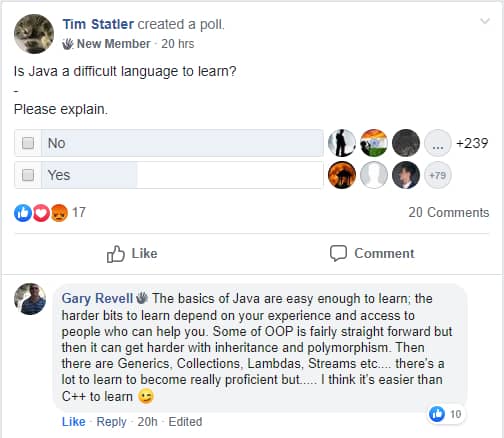
Akash Gupta, a fellow student and Java programmer of a few years responded to this question also. What he said, in my opinion, supports the data gathered from the poll. He frequently answers questions on Quora, especially regarding Java. This is the question he responded to. Akash said:
Java is not easy or hard. It’s a language where logic is used. Many beginners had problem in concepts of java but once you start programming and playing with it’s GUI features you will love java. Java is a strong language which run fast and supports almost all platforms like windows, Linux, mac. You just have to install JVM (java virtual machine). Good Luck.
My Experience Learning Java
My own personal experience with Java is that it actually was pretty difficult. Of course, that will vary from person to person and will also depend on whether this is the first programming language you’re learning or not. Before learning Java, I learned the basics of web development such as HTML5 and CSS3. However, comparing the two is like comparing apples to oranges. They’re completely different.
And yes, they’re waaay easier to learn than Java. HTML is a markup language and CSS is a styling language for said markup so neither are actual programming languages like Java is. So it’s not really fair to say that Java is a hard programming language to learn on that basis. Here’s what I’ll base it on.
The first time I took Java at my University, I failed it. I think that had more to do with Calculus eating up all of my time then it did with my inability to learn the language. Yet I failed it nonetheless. The second time I took it was accompanied by Calculus 2, so that was still no breeze. Yet I managed to pass. I’ve since gone back to relearn the fundamentals and yes, finally, it does seem easy to learn.
For those that learn Java and have no problem with it, I salute you. However, I don’t think success is an accident. Whether you are successful or not depends on the resource material you use to learn, as well as the method you use for learning from said material. Let’s look at each of these.
What Is The Best Way To Learn Java?
After struggling to learn it initially and even failing my Java course, I eventually got a grasp of the fundamentals. Along the way, I realized what I was doing wrong. The biggest thing holding me back from really learning the material was actually practicing it myself.
The biggest mistake everyone makes when learning is that they read a book or watch a bunch of videos and think they learned something. The truth is until you actually put it into practice, you haven’t learned anything. You can’t learn to code if you don’t code. I can’t stress this enough. You have to get your hands dirty. But first, you have to learn the syntax.
1. Learn the Syntax
The syntax of a language is the set of rules defining how a program is written and interpreted. This the first thing you learn when learning any language. The syntax of a language is often defined by looking at how that language outputs the simple statement: hello world. This is traditionally the first program you write with any language. Below, you can see the ‘hello world’ syntax of Java as well as for Python and C++.
Java Syntax
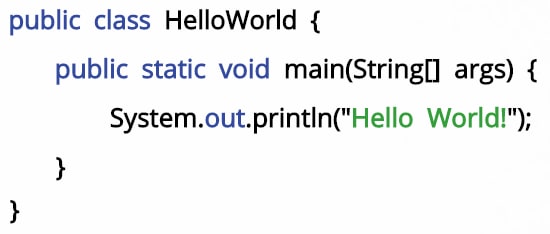
Python Syntax

C++ Syntax
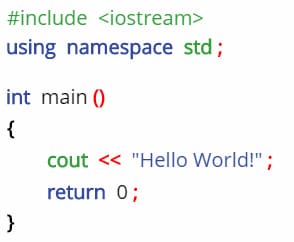
2. Practice Daily
After learning the syntax of Java, the next thing to do is to learn the fundamentals. I failed Java the first time I took it because I didn’t practice enough. The main reason being that I was so busy with the other classes that I tried to cram a whole week’s worth of programming and learning into a single day. I don’t recommend that strategy.
Attending class is necessary or in the case of the self-taught student, the book must be read to the video watched. But the more important aspect of learning is not the passive part, it’s the active part. If you slack off as I did, you’re only cheating yourself. Java is an amazing language and if you’re going to commit to learning it, then stand by that commitment. I recommend spending at least 1-2 hours daily with hands-on practice.
After you’ve learned the fundamentals, Java does get harder to learn, as one of the aforementioned pollers, Gary Revell, states:
The basics of Java are easy enough to learn; the harder bits to learn depend on your experience and access to people who can help you. Some of OOP is fairly straight forward but then it can get harder with inheritance and polymorphism. Then there are Generics, Collections, Lambdas, Streams etc… there’s a lot to learn to become really proficient but… I think it’s easier than C++ to learn.
Gary Revell, Java programmers
What Are The Best Resources To Learn Java?
The material you study matters just as much, if not more, than how you study. There are plenty of resources online or within your University to help you learn Java, but not all of them are created equally. Some are outdated, some are poorly composed, and others are just plain wrong. Don’t bother wasting your time looking. Here are some great resources, both free and paid to help you learn today.
Free Resources
Code Gym relies on the gamification method of teaching and I’m a big fan. It’s really fun and does a good job of balances passive learning and active learning. I actually can’t believe this is free.
Learn Java in a great online resource for all the syntax involved in Java. This site really comes in handy. It covers everything from the basics of Java to the more advanced subjects.
This is probably the best free resource out there for learning Java. Coding Bat is full of practice programs for all different stages of your learning path. This is the best way to get your hour of daily practice in.
Paid Resources
Udemy is full of great courses (and not so great courses) developed by people with actual experience with the subject matter. Tim Buchalka has a course called: Complete Java Masterclass for Software Developers. I’ve actually used this course and it helped supplement what I was learning in class.
Treehouse is what I used to learn HTML and CSS and even some Javascript. I absolutely love this platform. It’s my favorite of any other platform I’ve used to learn any language. It does a great job of balancing passive and active learning and it’s so much fun to use. It makes you want to keep going until you’ve finished the course, and then you’ll want to start another one. I’ve also tinkered in the Java course and their learning platform is consistently good across the board. If you use this link to sign up, you’ll get 4 months free!
Conclusion
Some people think learning Java is hard and others don’t. It can be hard but it doesn’t have to be. Learn the syntax, learn the fundamentals, practice daily, and eventually, a firm grasp of the language will be within reach. I wish you the best on your journey!
Related Articles
